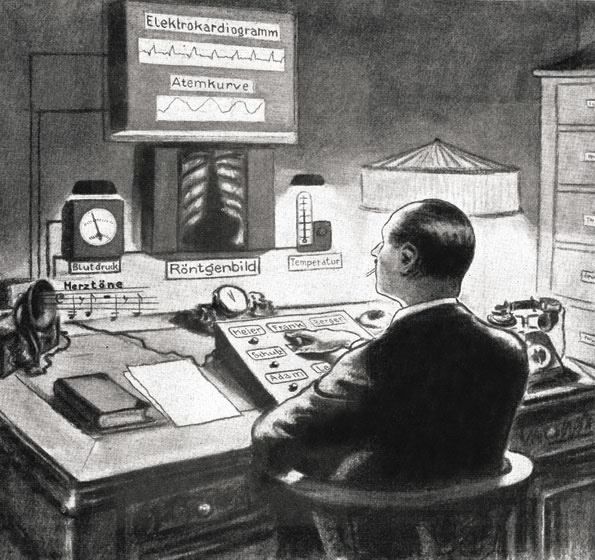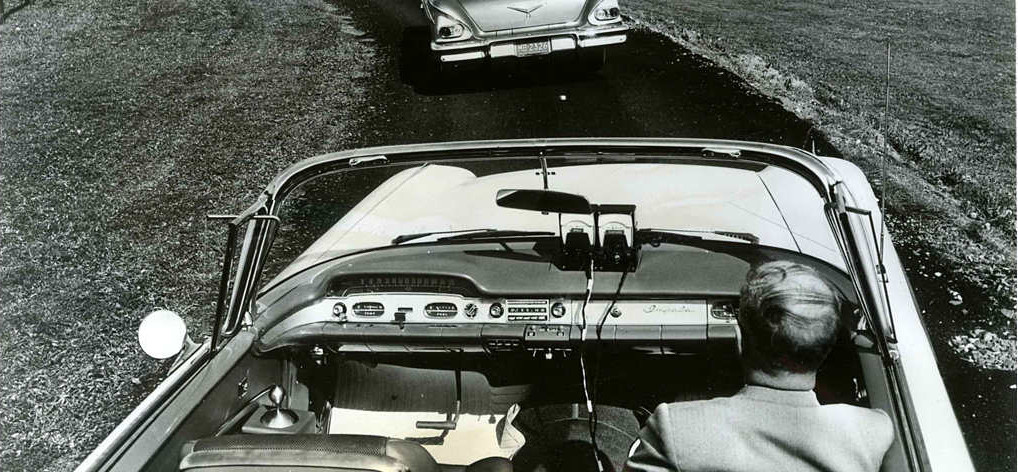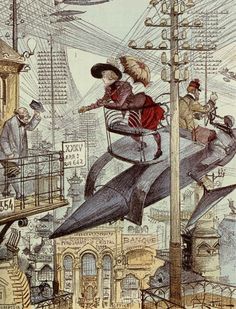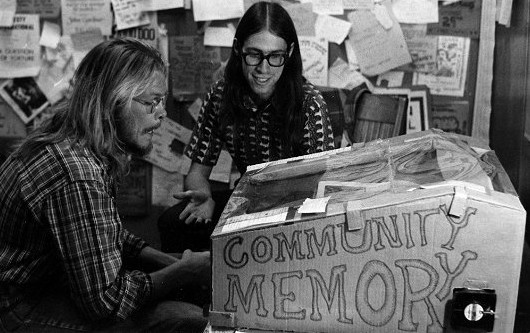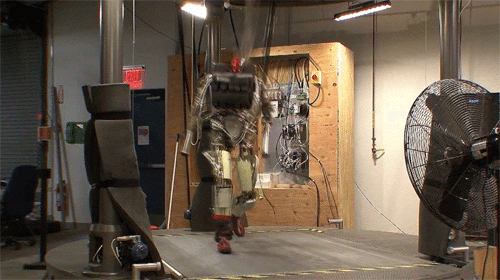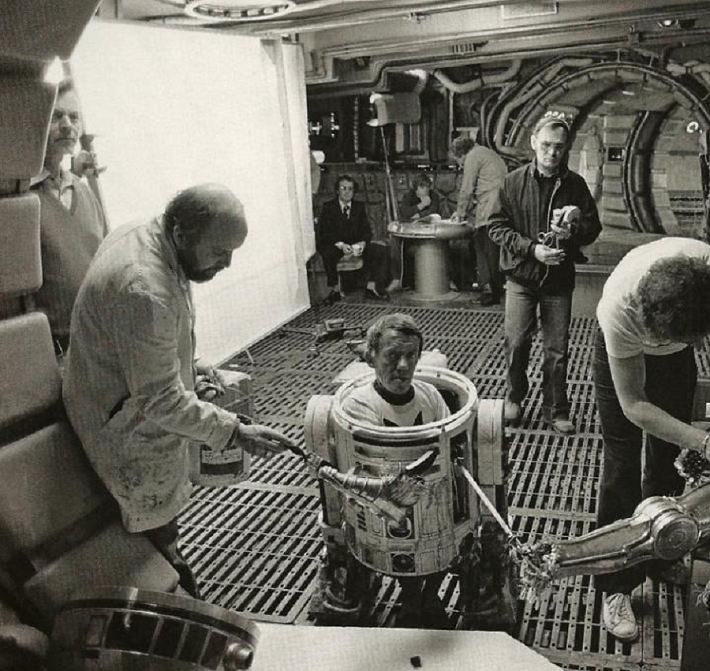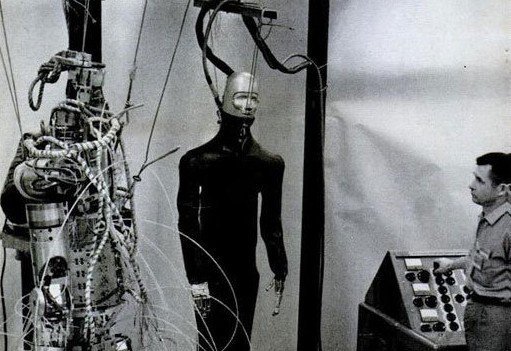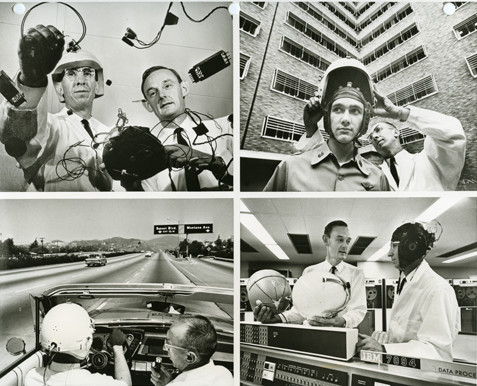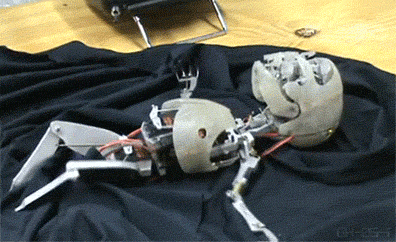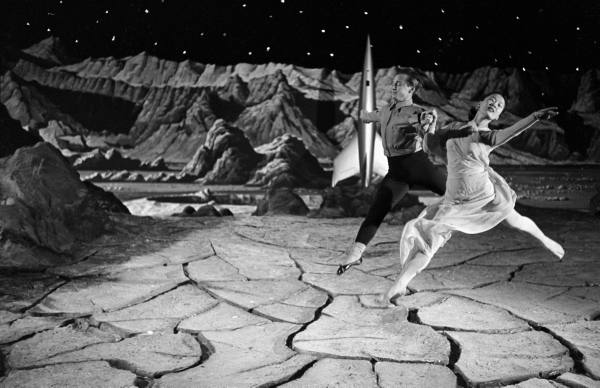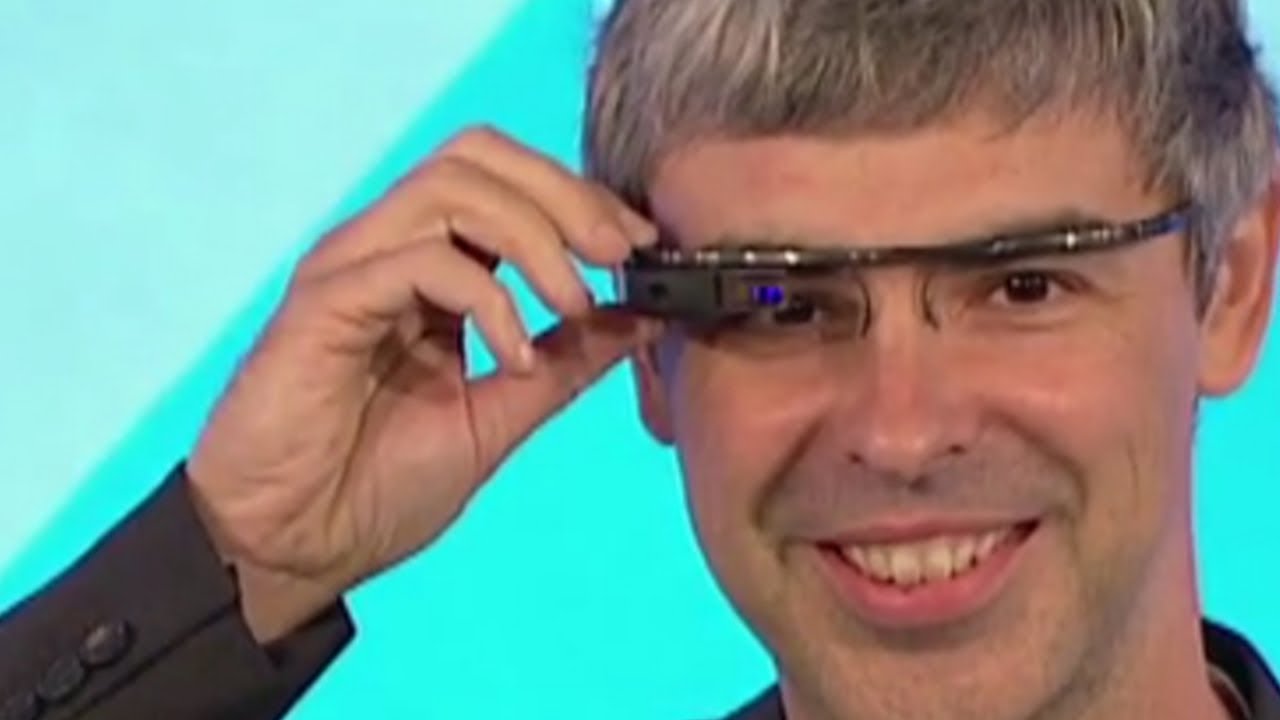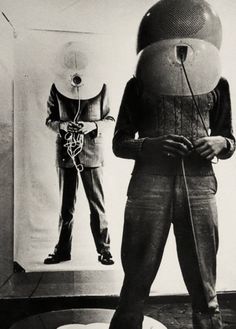Donald Trump, Milosevic with a trophy wife, hopes to add a stripper pole to the Lincoln Bedroom.
In his latest op-ed, Nicholas Kristof credits Trump as “smarter than critics believe,” asserting that the hideous hotelier “understood the political mood better than we pundits did.” I think it more likely that Trump is a blowhole who merely threw shit at the wall and was as surprised as anyone that it stuck. If you could go back in time to moments after his candidacy announcement and ask him what line would get the most attention, I doubt he would identify the “they’re rapists” slur about Mexicans.
Kristof goes on to belatedly state what many people (myself included) have been saying for months: The GOP created this Frankenstein monster of a political season it can’t control, though he illustrates it with an interesting fact about echo-chamber misinformation manifesting itself in the real world. An excerpt:
Political nastiness and conspiracy theories were amplified by right-wing talk radio, television and websites — and, yes, there are left-wing versions as well, but they are much less influential. Democrats often felt disadvantaged by the rise of Rush Limbaugh and Fox News, but in retrospect Limbaugh and Fox created a conservative echo chamber that hurt the Republican Party by tugging it to the right and sometimes breeding a myopic extremism in which reality is irrelevant.
A poll released in September found that Republicans were more likely to think that Obama was born abroad than that Ted Cruz was. That poll found that Trump supporters believed by nearly a three-to-one ratio that Obama was born overseas.
The Republican establishment profited from the insinuations that Obama is a Muslim, that he’s anti-American, that his health care plan would lead to “death panels.” Rick Perry has described Trump as a “cancer on conservatism” and said his movement is “a toxic mix of demagoguery and meanspiritedness and nonsense that will lead the Republican Party to perdition” — indeed, but it was a mix that too many Republican leaders accepted as long as it worked for them.
This echo chamber deluded its believers to the point that it sometimes apparently killed them. During the 2009-10 flu pandemic, right-wing broadcasters like Limbaugh and Glenn Beck denounced the call for flu shots, apparently seeing it as a nefarious Obama plot.
The upshot was that Democrats were 50 percent more likely than Republicans to say that they would get flu shots, according to a peer-reviewed article in The Journal of Health Politics, Policy and Law. So when the pandemic killed up to 18,000 Americans, they presumably were disproportionately conservatives.•



